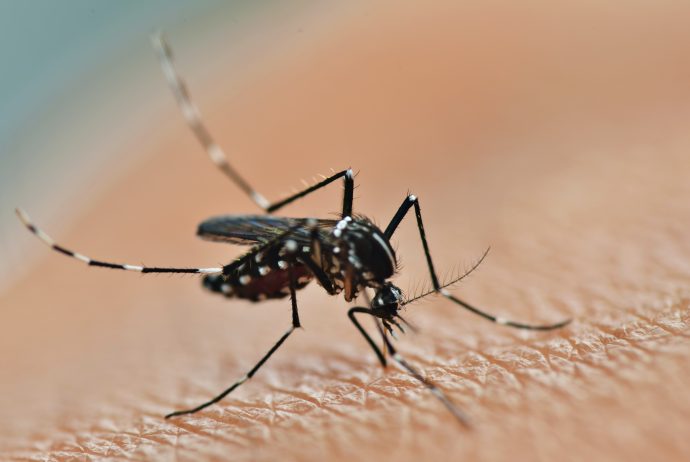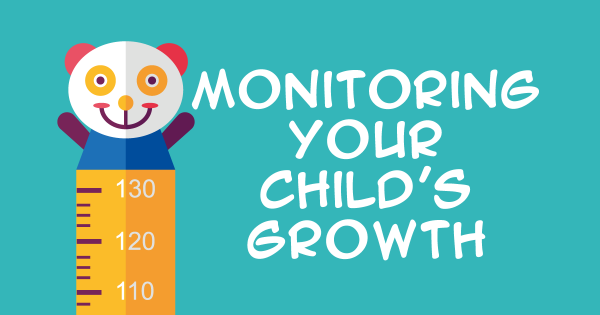What is dengue fever?
Dengue fever is a viral infection. It is transmitted through the female Aedes aegypti mosquitoes. Once bitten, it takes five to eight days for symptoms to appear.
What are the signs and symptoms of dengue fever? How long do they last?
Usual symptoms of dengue are:
- Sudden and acute onset of high fever (40°C/ 104°F) for up to a week
- Chills
- Severe headache
- Pain behind the eyes
- Muscle and joint pain
- Nausea
- Vomiting
- Fatigue
- Rashes (appear few days later)
These symptoms will usually last for 2 to 7 days.
Will there be any complications?
Yes. In some people, a normal dengue fever can lead to dengue haemorrhagic fever (DHF) or dengue shock syndrome (DSS).
What is dengue haemorrhagic fever (DHF)? What are the symptoms? Is it fatal?
Symptoms include:
- High or very high fever
- Spontaneous bleeding (especially from the gums)
- Bleeding under the skin (petechial spots)
- Bleeding in the gut
- Liver damage
DHF is often fatal if left untreated. Most deaths have been reported among young adults but children can easily succumb if not properly managed.
What is dengue shock syndrome (DSS)? What are the symptoms? Is it fatal?
Symptoms include:
- Very high fever
- Severe bleeding
- Weak pulse
- Drop in blood pressure
- Restlessness
- Cold clammy skin
- Signs of shock
Fatality rate can be as high as 50% and two thirds of it happens among children.
How do I know if my child is having dengue fever?
Infants and toddlers who are infected with dengue virus will present symptoms similar to flu which include:
- Fever
- Running nose
- Cough
- Mild skin rash
In older children, the symptoms include:
- High fever
- Pain behind the eyes and joints
- Headache
- Backache
- Reddish skin rash with white patches
- Loss of appetite
- Nausea
- Vomiting
- Itchiness on the palms and/or soles of the feet
- Weak and listless
What should I do if my child is having dengue fever?
If you notice any of the above mentioned symptoms, take your child to see the doctor immediately. Your doctor will then perform a blood test to confirm the infection.
Can dengue fever be treated?
Treatment of dengue fever is mainly to alleviate the symptoms. Once confirmed, your doctor will prescribe medication for the fever and pain (most likely paracetamol) and other supportive medication if needed. Medications containing aspirin must be avoided as they will exacerbate bleeding and cause other unrelated problems.
What to expect after diagnosis?
Vaccines have been known to cause side effects like low grade fever, soreness at the injection site and irritability. These effects are usually temporary. Serious reactions or death related to vaccinations are extremely rare. In fact, your child may be exposed to greater danger from various diseases, if he is not vaccinated.
When will my child be discharged from the hospital?
Your child will be discharged once the platelet count goes up and shows an upward trend. A repeat blood test may be done after 1-2 weeks to confirm that the platelet count has returned to normal.
What can I do to make my child comfortable?
Give your child plenty of fluids. Fluid recommendation is weight-based as below:
– One year old child below 10 kg: 1 litre a day – Children above 40 kg: 2 litres a day – Adults: 2 litres a day
It is important to keep your child hydrated as dengue can cause blood vessels to leak and this increases water loss from the blood circulation. In addition, lack of appetite, vomiting and diarrhea also cause further dehydration. You can give your child water, soup, juices and fruits to keep them hydrated.
What can I do to prevent my family from dengue fever?
Here are a few guidelines from the Ministry of Health, Malaysia to help curb the rising of dengue cases.
- Check and destroy any possible Aedes mosquitoes’ breeding grounds around your house – unclog drains, don’t let rubbish accumulate, ensure that all water containers are covered properly (you can use abate to kill mosquitoes’ larvae). Abate is readily available at all Pejabat Kesihatan near you nationwide.
- Wear bright coloured long sleeved clothing and long pants
- Put on insect repellent when you are outdoors especially during dawn (between 5 am and 7 am) and dusk (between 5 pm and 8pm) when the mosquitoes are most active
- Install mosquito screens in windows and doors of your premise
- Stay away from neighbourhoods where dengue cases have been reported as there is a high likelihood that Aedes mosquitoes are still present







Komen